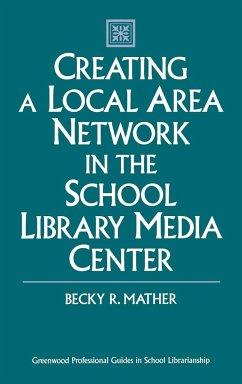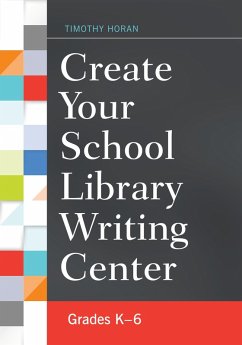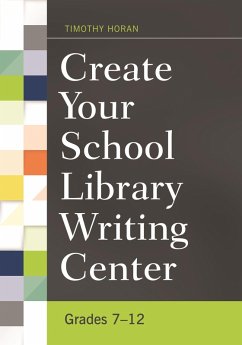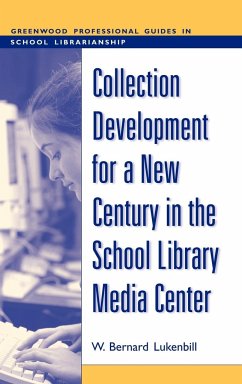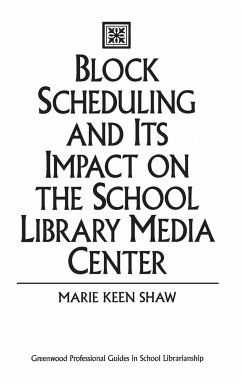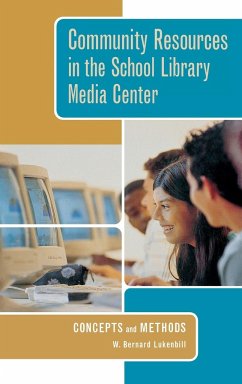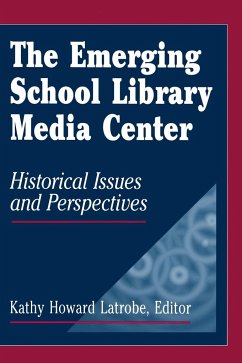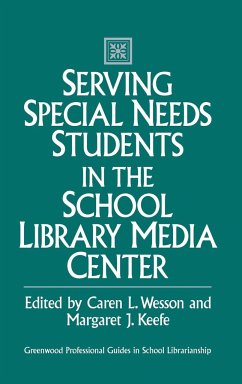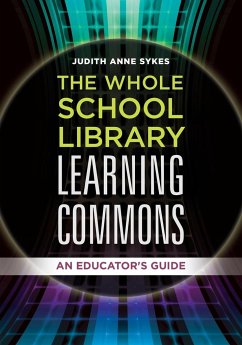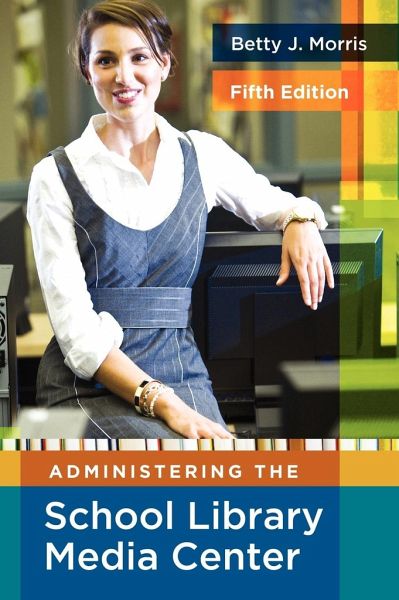
Administering the School Library Media Center
Versandkostenfrei!
Versandfertig in 1-2 Wochen
86,99 €
inkl. MwSt.
Weitere Ausgaben:

PAYBACK Punkte
43 °P sammeln!
This is the most comprehensive textbook on school library administration available, now updated to include the latest standards and address new technologies. This reference text provides a complete instructional overview of the workings of the library media center-from the basics of administration, budgeting, facilities management, organization, selection of materials, and staffing to explanations on how to promote information literacy and the value of digital tools like blogs, wikis, and podcasting. Since the publication of the fourth edition of Administering the School Library Media Center i...
This is the most comprehensive textbook on school library administration available, now updated to include the latest standards and address new technologies. This reference text provides a complete instructional overview of the workings of the library media center-from the basics of administration, budgeting, facilities management, organization, selection of materials, and staffing to explanations on how to promote information literacy and the value of digital tools like blogs, wikis, and podcasting. Since the publication of the fourth edition of Administering the School Library Media Center in 2004, many changes have altered the landscape of school library administration: the implementation of NCLB legislation and the revision of AASL standards, just to mention two. The book is divided into 14 chapters, each devoted to a major topic in school library media management. This latest edition gives media specialists a roadmap for designing a school library that is functional and intellectually stimulating, while leading sources provide guidance for further research.





